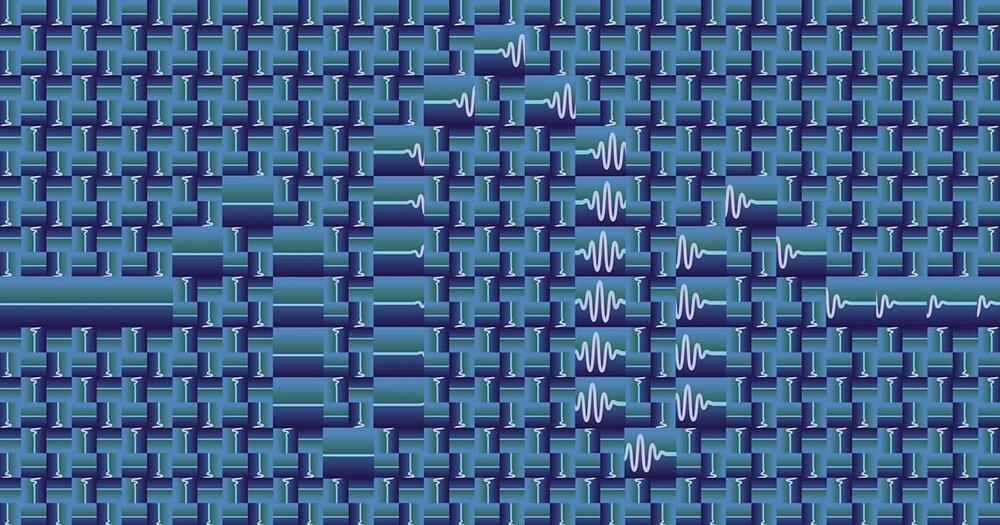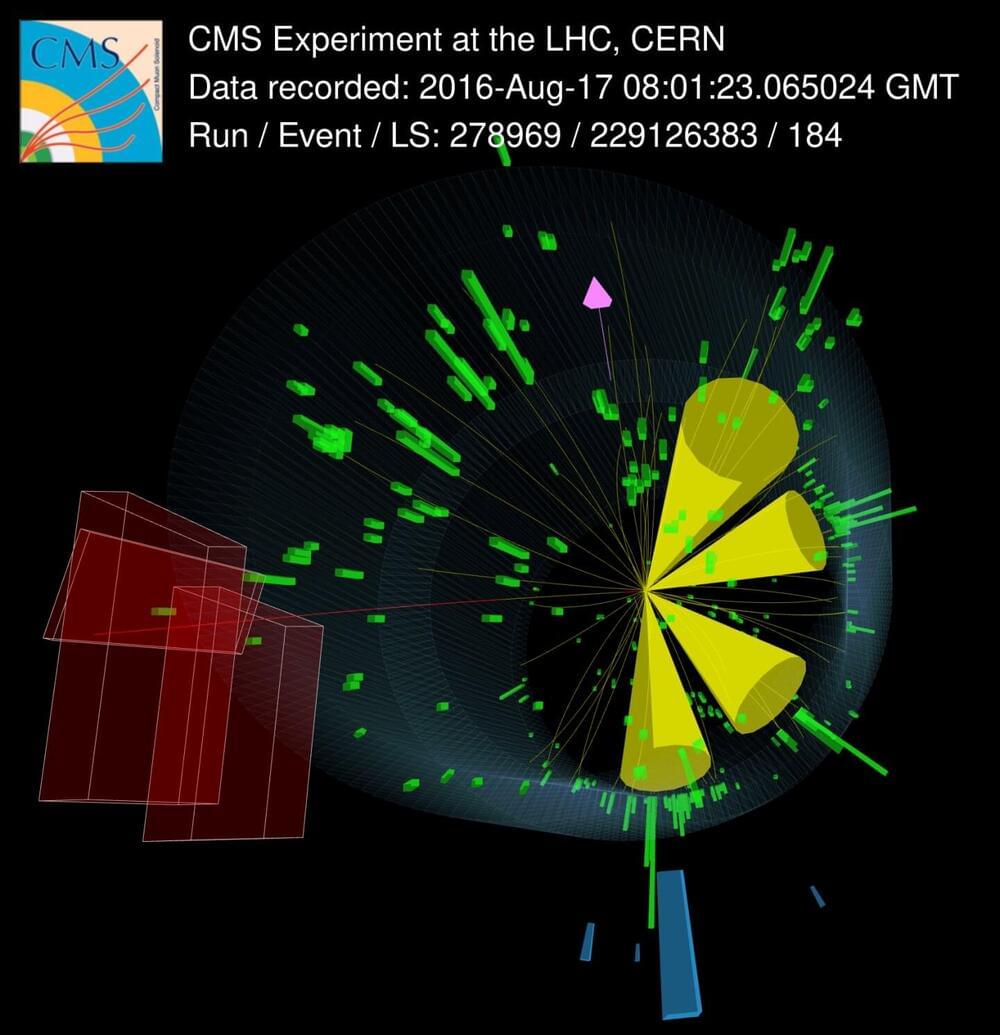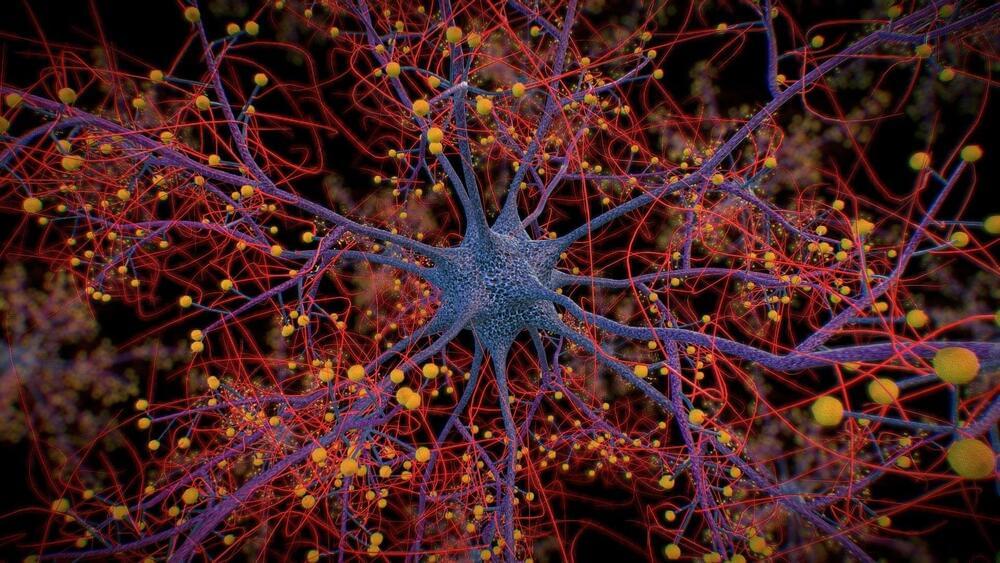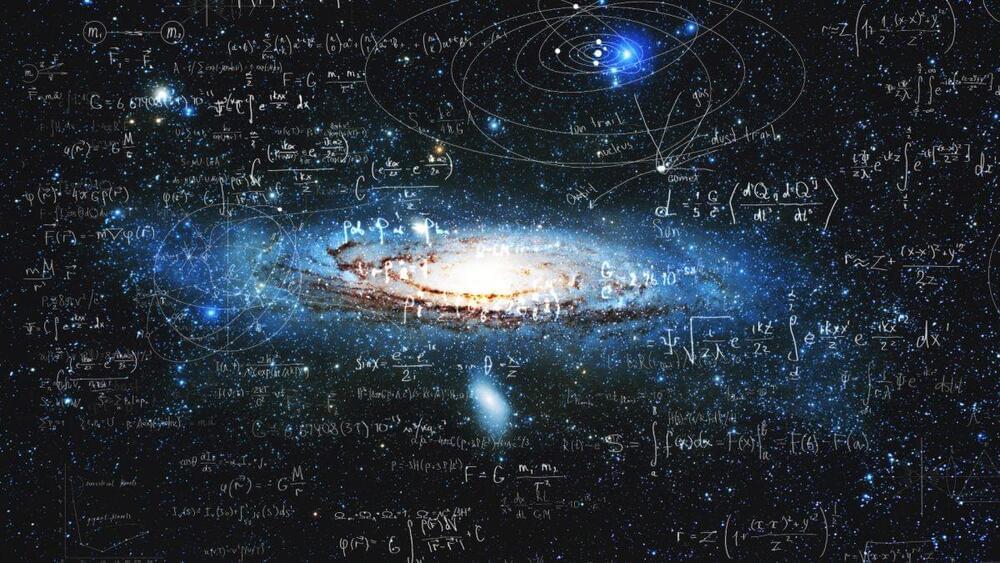To better automate reasoning, machines should ideally be able to systematically revise the view they have obtained about the world. Timotheus Kampik’s dissertation work presents mathematical reasoning approaches that strike a balance between retaining consistency with previously drawn conclusions and rejecting them in face of overwhelming new evidence.
When reasoning and when making decisions, humans are continuously revising what their view of the world is, by rejecting what they have previously considered true or desirable, and replacing it with an updated and ideally more useful perspective. Enabling machines to do so in a similar manner, but with logical precision, is a long-running line of artificial intelligence research.
In his dissertation, Timotheus advances this line of research by devising reasoning approaches that balance retaining previously drawn conclusions for the sake of ensuring consistency and revising them to accommodate new compelling evidence. To this end, he applies well-known mathematical principles from economic theory to formal argumentation, an approach to logic-based automated reasoning.









